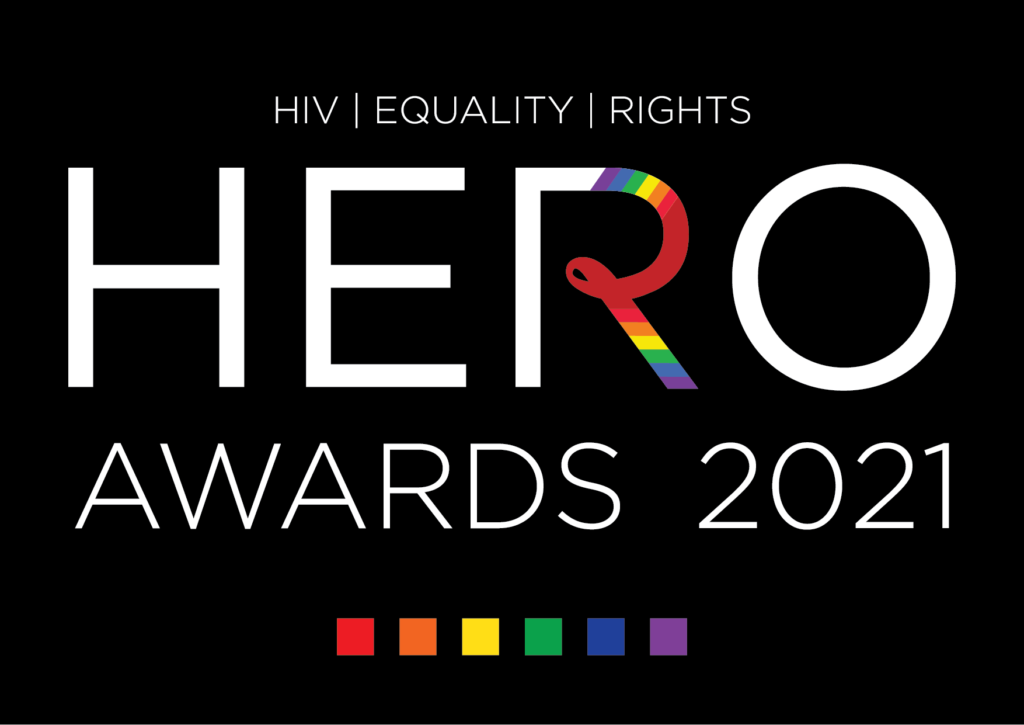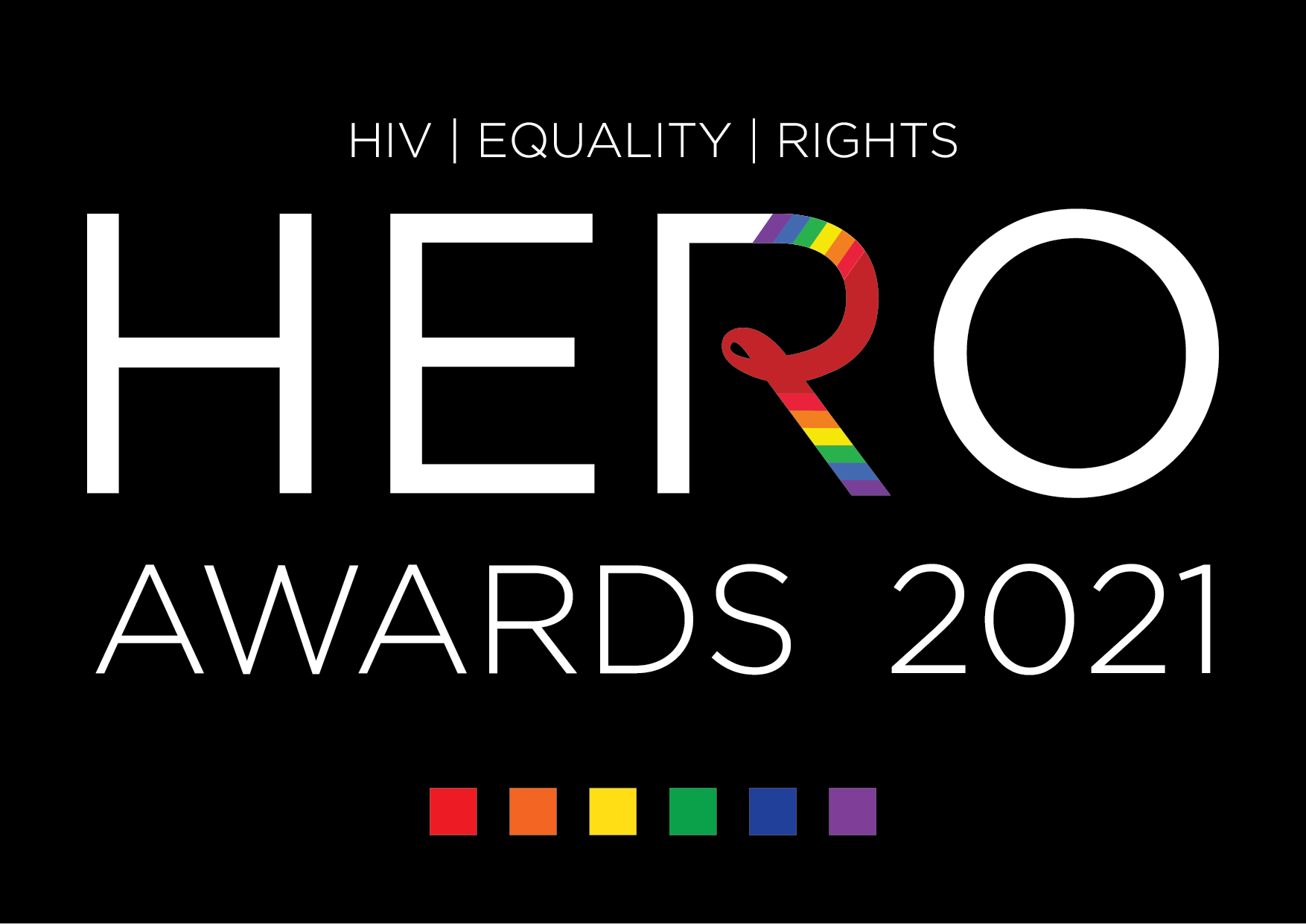
HIV HERO
Supported by APCOM Community Partner – APN+


Ali Raza Khan
Pakistan
My name is Ali Raza Khan and I’m a 28-year-old PLHIV activist working for my community. I live in Multan, a small but culturally rich town of Pakistan also known as the City of Saints. I come from a poor family living in the red-light area of the town that led me to adopt risky behaviors without protection. I grew up facing stigma and discrimination because of my identity, status and being from a minority group. Because of my status and identity, I faced bad times when trying to access health services or for exercising my rights. Facing and dealing with these bad times encouraged me to work for my community that is still suffering around Pakistan. I always look for opportunities to learn, catch positive skills and knowledge from other expert people, or try to learn new things on my own. I’m doing all this to empower other PLHIVs so that that they can also raise voices for their health and rights collectively.

Please briefly let us know about your work
I started working for HIV awareness and prevention in 2015 from my university days as volunteer of HYPE national youth group of Rutgers in Pakistan. I continued my volunteer work for the community along with different organizations including FDI, Aahung, ACT, ISYD, YAN, KSS and APLHIV. I started my full-time job for PLHIV withTrans Welfare Organization, a CBO working for HIV among the TG community. TWOCBO provided me the opportunity to speak about the PLHIV community. Later, I joined Wasaib Sanwaro, a CBO working for MSM and amplified my efforts by representing PLHIVs at international platforms. I started my own initiative “Hi Voices” due to the lack of any dedicated platform for the empowerment of YPLHIVs and because many PLHIVs lack the required skills and knowledge to raise their voices. Currently, at national level, I’m organizing capacity building training for YPLHIVs under the Young Positive People of Pakistan Program. Apart from these efforts I’m empowering PLHIVs at the regional and global level with The PACT and YPEER. I’m also trying to influence stakeholders and policy making via Youth LEAD and as a member of Communities Delegation to the board of The Global Fund.
What one achievement you’ve accomplished that you’re most proud of
I’m proud of training other PLHIVs who wanted to raise their voices. One of our alumni participated in our capacity building training and was volunteering in our campaigns all the time. He contacted me and said he learned a lot from my organization and is going to start a platform related to PLHIVs issues. It was the moment when I felt that I may be succeeding in my mission to empower other PLHIVs. I am proud of him and his work because I dedicated my time to PLHIVs with the only one objective of empowering them.

What do you find most challenging about your work
Working for PLHIVs in a conservative humanitarian setting of Pakistan was most challenging. It is still challenging because a PLHIV activist must face multiple obstructions every day. One does not only struggle with the issues that he or she is working for, but also struggles with society, norms, policies and opposition that stops others from accessing and practicing their basic health and rights. These things make my efforts and work more challenging in a conservative humanitarian setting of Pakistan.
What do you do to recharge your battery
I connect with people from the PLHIV community and spend time with them. I share and talk with people who are working for a similar cause. I get re-energized when I work for the PLHIV community in a way that saves their life. I listen to the stories of people how they were able to bring some positive change in the lives of PLHIVs. I try to make them happy and smile. A smile and happiness on their faces brings smile on my face too.
What is your vulnerability and how do you overcome it
I sometimes indulge into things related to the PLHIV community and I forget to make sufficient time available for myself and my family. I try to overcome this be ensuring specific days and specific times dedicated to my family and community work. Also scheduling my work helps me overcome this issue.
What was your reaction to being named one of the honourees for the HIV Hero category
I felt happy to be nominated for the HIV HERO award. I see this as an appreciation and encouragement to continue my work for the community, irrespective of how harsh the conditions on the ground are. I felt excited about this award because there are very few people and platforms to support and appreciate the work of PLHIVs as HERO Award is doing.
Despite the fact that the COVID-19 is still with us, what is a message that you would like to share with the communities in the Asia Pacific
We learned a lot from the COVID-19 crisis, including supporting each other and the marginalized communities. Together we learned how to fight these pandemics and find the cure and access to treatment for all, irrespective of power gaps. My message to all the communities in Asia and the Pacific is to work collectively to end discrimination associated with people affected by diseases.
Read more on Asia Pacific Coalition of Men Having Sex with Men APCOM
Facebook Page Here
Website Here


Leave a Reply
You must be logged in to post a comment.